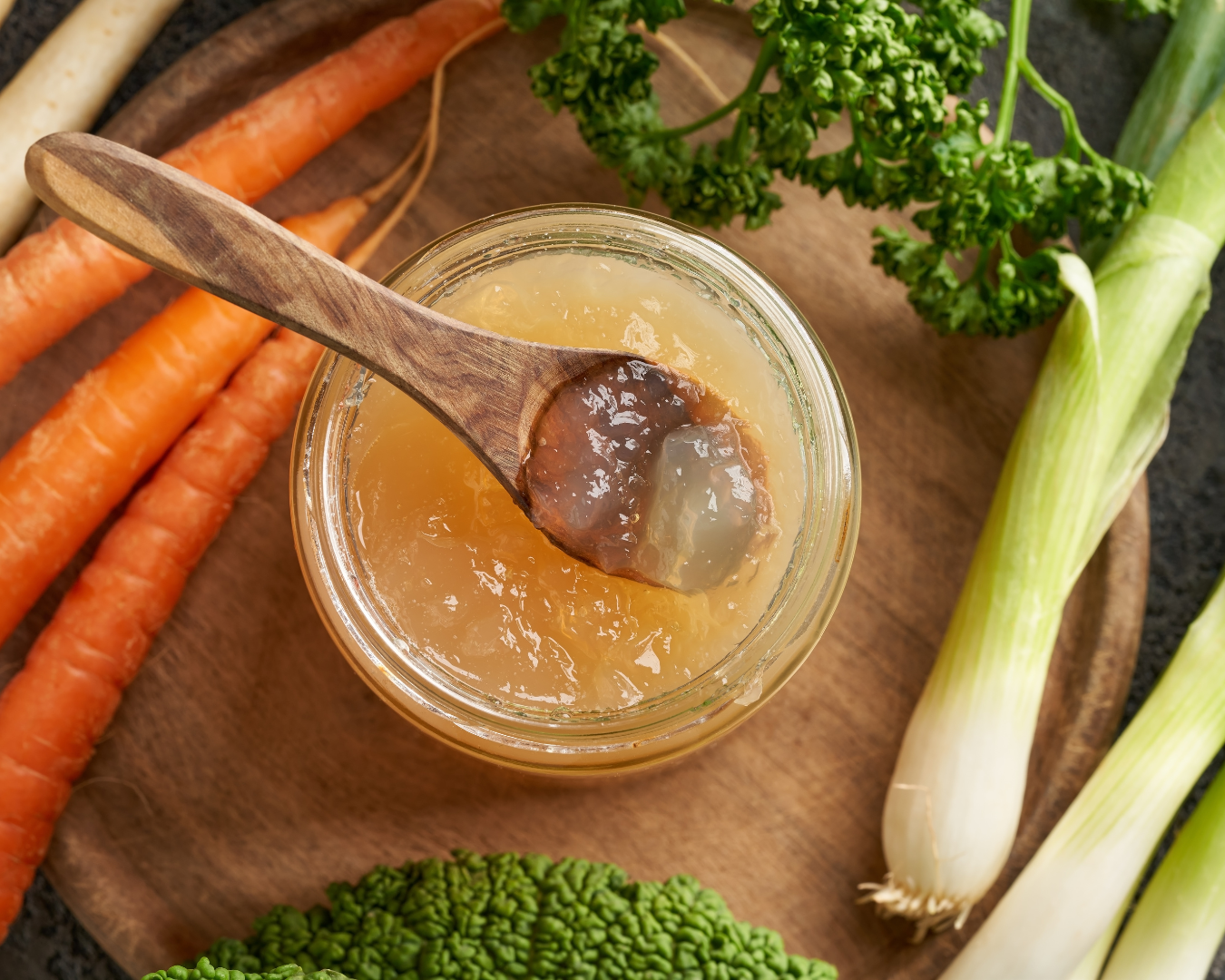Waste Not, Want Not: Save Vegetable Scraps for Homemade Broth or Stock
In a world that’s increasingly conscious of reducing waste and embracing sustainability, one of the simplest yet often overlooked practices is utilizing vegetable scraps to create homemade broth or stock. Beyond the environmental benefits, homemade broth is a flavorful base for soups, stews, sauces, and countless other recipes. Let’s delve into why saving vegetable scraps for broth-making is a culinary and eco-friendly win-win.
Maximizing Flavor and Nutrition:
Vegetable scraps, including onion skins, carrot ends, celery tops, and herb stems, may seem like kitchen waste, but they’re actually treasure troves of flavor and nutrients. These scraps are packed with vitamins, minerals, and aromatic compounds that can infuse your broth with rich, complex flavors.
Cost-Effective and Budget-Friendly:
Making broth from vegetable scraps is not only environmentally friendly but also economical. Instead of buying pre-packaged broth or stock, which can be costly and often contain additives and preservatives, you can repurpose ingredients you might have otherwise discarded, saving money while reducing waste.
Customizable and Versatile:
One of the beauties of homemade broth is its versatility. You have full control over the ingredients, allowing you to tailor the flavor profile to suit your preferences. Whether you prefer a classic vegetable broth, a hearty mushroom stock, or a savory herb-infused base, the possibilities are endless.
Simple and Convenient:
Making vegetable broth from scraps is remarkably simple and requires minimal effort. Collect vegetable scraps in a designated container or bag in the freezer until you have a sufficient amount. Then, simmer the scraps with water, aromatics like garlic and peppercorns, and optional seasonings for about an hour or more to extract maximum flavor.
Reducing Food Waste:
According to the Food and Agriculture Organization of the United Nations, approximately one-third of all food produced for human consumption is lost or wasted globally each year. By repurposing vegetable scraps for broth, you’re doing your part to combat food waste and minimize your environmental footprint.
Health Benefits:
Homemade vegetable broth is not only delicious but also nutritious. It’s low in calories and fat, making it a healthy alternative to store-bought broths that may contain added sodium and artificial ingredients. Plus, by using organic scraps, you can ensure your broth is free from pesticides and other harmful chemicals.
Storage and Preservation:
Once you’ve made a batch of homemade broth, you can store it in the refrigerator for up to a week or freeze it in convenient portions for later use. Freezing broth in ice cube trays or freezer bags allows you to thaw only the amount you need, reducing waste even further.
Incorporating homemade vegetable broth into your culinary repertoire is a simple yet impactful way to reduce waste, save money, and elevate the flavor of your dishes. By embracing the practice of saving vegetable scraps, you not only contribute to a more sustainable food system but also gain the satisfaction of knowing that you’re making the most of every ingredient in your kitchen. So, next time you’re chopping vegetables, think twice before tossing those scraps—your next batch of flavorful broth awaits!

